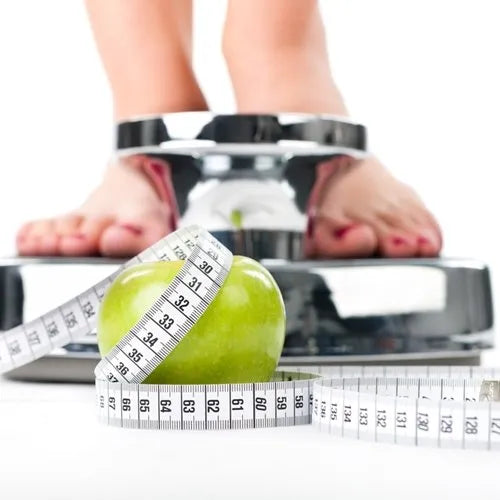
Sleeping the recommended eight hours per night is essential for your health and well-being. Getting the proper amount of sleep can do a number of positive things for your health, including helping to improve memory, boost the immune system, lower stress, spur creativity, sharpen attention and even contribute to a healthier weight.
However, a good night's sleep is often hard to come by. Even if you get into bed at a decent hour, you still may find yourself counting sheep, unable to catch some Zzzs. Approximately 70 million Americans suffer from poor sleep every night. As a quick fix, about one in four Americans take some kind of sleep medication. However, what really helps you to fall asleep quickly is your brain. That means you have to feed it with the right fuel. You need to calm it down rather than stimulate it. About 90 minutes before you doze off, head to the kitchen for a snack that will help relax you and prepare you for a good night's sleep.
Look for foods with natural sedatives like tryptophan, an amino acid that makes up the raw material that the brain uses to build sleep-inducing substances like serotonin and melatonin. It's also important to add some carbs, which stimulate the release of insulin, to this amino acid. What this does is takes the competing amino acids and incorporates them into the muscle, leaving the tryptophan to make its way to the brain and cause you to get sleepy.
Snacks that promote shut eye:
- Whole-grain cereal with milk
- Banana and peanut butter
- A glass of warm milk with honey – warm milk isn't a myth after all! Milk contains tryptophan.
- Nonfat, flavored yogurt topped with 2 tablespoons of low-fat granola
- 3 cups low-fat popcorn, sprinkled only with 2 tablespoons of Parmesan cheese
- One slice of whole wheat toast with a small slice of low-fat cheese
- A small bowl of oatmeal
- A rice cake topped with turkey
While all of these will help you to fall asleep and stay asleep, there are also foods that you should avoid. The following snacks will only keep you up at night.
Snacks that interfere with a good night's sleep:
Caffeine: The obvious choices like coffee and soda should be avoided several hours before bedtime. This natural chemical activates your central nervous system and stimulates the brain, causing that jittery feeling. Just to be safe, you should avoid ingesting caffeine about eight hours before bed. Keep in mind that even healthy dark chocolate contains significant amounts of caffeine!
Alcohol: While it may seem that this substance puts you to sleep, the effects wear off fast, causing you to wake up in the middle of the night, unable to fall back asleep.
A big meal: If you're especially hungry right before bed, just stick to a small snack. If you're consuming too many calories, your digestive system may slow down, causing you to be uncomfortable and awake. Bedtime snacks should be no more than 200 calories. Generally, you should avoid high-fat meals.
Spicy foods: While these are delicious, they won't make catching Zzzs any easier. When you ingest this before bed, you may have reflux.






